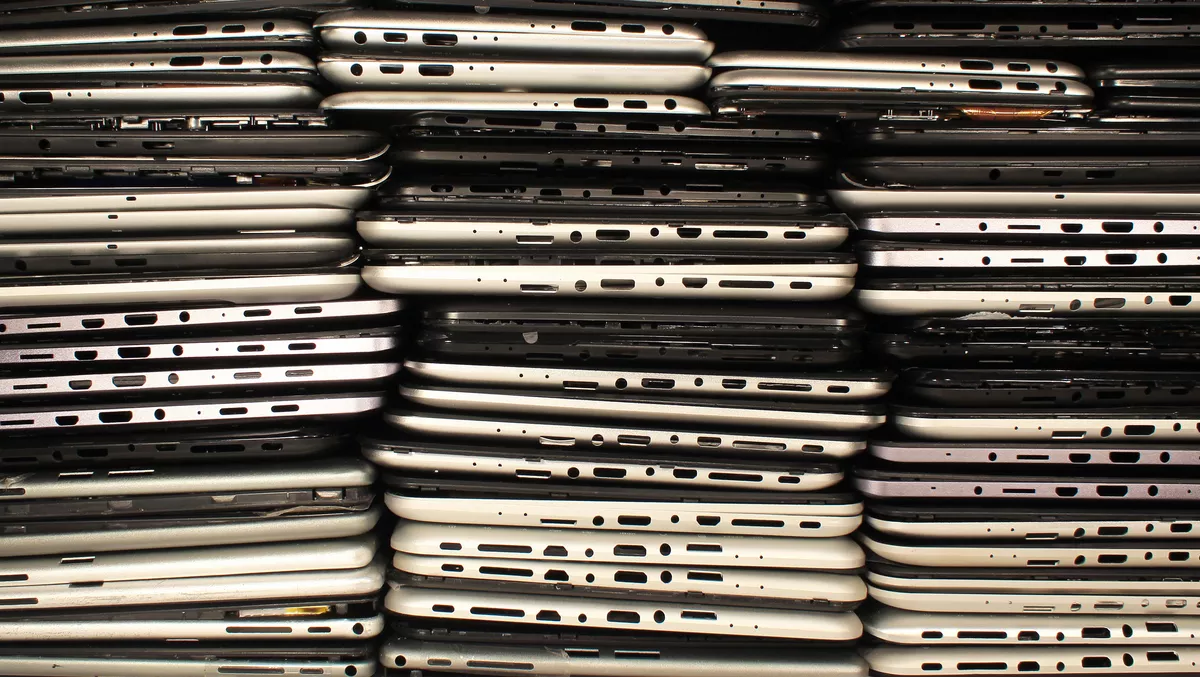
International E-Waste Day: Recycle your gadgets, save the earth
Today marks International E-Waste Day, which aims to highlight the growing problem of electronic waste - and what we should do about it.
According to estimates from the WEEE Forum, we generated around 53.6 million tonnes globally in 2019. That number is expected to rise to 57.4 million tonnes in 2021 (heavier than China's Great Wall).
That equates to a 3-4% increase in the amount of e-waste generation every year, caused by issues such as shorter product lifecycles, limited repair options and more people buying more electronic devices.
WEEE Forum director-general Says Pascal Leroy says that the electrical and electronics sector can be more efficient and circular.
"Our member producer responsibility organisations collected and secured responsible recycling of 2.8 million tonnes of e-waste in 2020. But one thing stands out: as long as citizens don't return their used, broken gear, sell it, or donate it, we will need to continue mining all-new materials, causing great environmental damage.
UN University SCYCLE programme director Ruediger Kuehr says, "A tonne of discarded mobile phones is richer in gold than a tonne of gold ore."
In one million phones there could be 24 kilograms of gold, 16,000 kilograms of copper, 350 kilograms of silver, and 14 kilograms of palladium. When devices aren't recycled, all of this material goes to waste.
Sadly though, most high-value and recoverable materials ended up being dumped or burned, notes UN University SCYCLE senior programme officer Kees Baldé.
WEEE states that people may be hesitant about recycling due to a number of reasons such as data security, product value, or they don't know how or where to recycle their devices.
"Consumers want to do the right thing but need to be adequately informed and a convenient infrastructure should be easily available to them so that disposing of e-waste correctly becomes the social norm in communities," says WEEE Forum's Magdalena Charytanowicz.
In Asia Pacific, there are many organisations dedicated to helping minimise e-waste. New Zealand's TechCollect NZ is backing International E-Waste Day and is working hard to promote recycling.
TechCollect NZ senior policy manager Michael Dudley comments, "Electronic devices have made living and coping with COVID-19 lockdown restrictions more bearable. They have allowed us to continue working from home, homeschool our children, stay connected with friends and family, shop online as well as streaming our favourite movies, sports and TV shows. The increase in the purchase of these devices, however, will inevitably lead to an increase in the need for their disposal.
He believes that everyone needs to play their part to help the world move towards a circular economy.
"Once your electronic device reaches its end-of-life and all opportunities for reuse have been exhausted, recycling is the next best step in the product's lifecycle.
Recycle A Device (RAD)'s Rebecca Harris says, "From RAD's point of view e-waste is a huge problem in Aotearoa - there is a lack of education and awareness about waste to landfill reduction and how to practically and ethically dispose of e-waste. Participation in RAD (and other programmes that prioritise repair and reuse) encourages all people and communities involved to rethink their approach to waste and how they can participate in the circular economy."
E-waste is an often overlooked aspect of sustainability that will soon grow in public awareness in New Zealand due to upcoming product stewardship regulations, which will hopefully lead to increased public action in reducing e-waste and diverting it from landfill."


